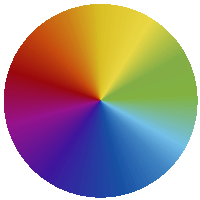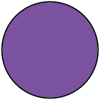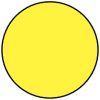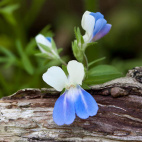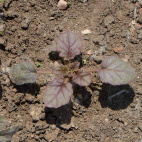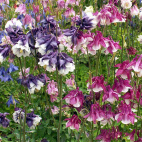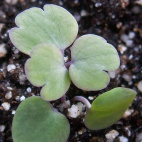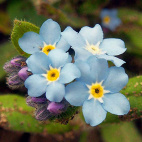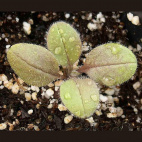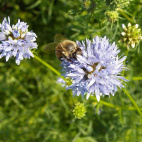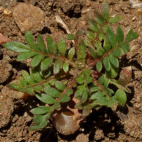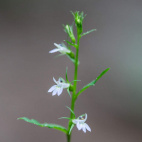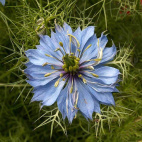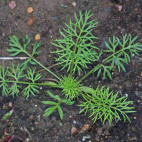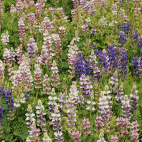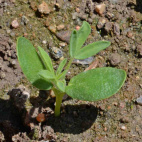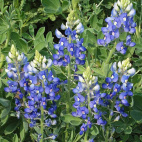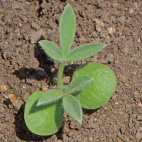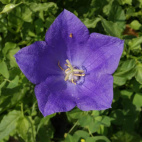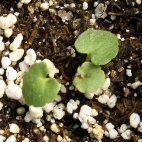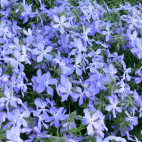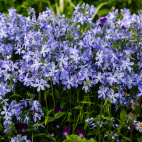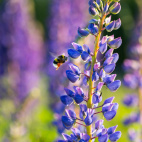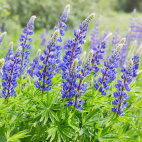Color
Availability
USDA Zone
Region
Type
Duration
Season
Germination
Soil
Sunlight
Height
Use
Narrow Your Search
Color
Availability
USDA Zone
Region
Type
Duration
Season
Germination
Soil
Sunlight
Height
Use
Wildflower Seeds - Northern Region
The Northern region is home to our Canadian friends in the eastern provinces, as well as the northern-most part of the Eastern US. This area is characterized by a long, cold winter with lots of snow, and a short humid summer that only lasts about 3 or 4 months. Most of the area is classified as a UDSA Growing Zone 4 or less, and the species that grow here have interesting ways to perpetuate themselves in spite of the short growing season. There are a lot of forests and wetlands in this region, so adequate moisture is hardly ever a problem. Look up your growing zone to make sure that the Northern wildflower seeds that you want to grow are winter hardy. Alternatively, just order annual flower seeds online so that the plant does not need to make it through the winter, but can reseed itself and come back from seed the next year.
-
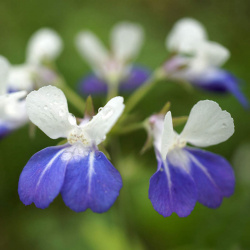 Out Of Stock
Blue Eyed Mary Seeds
Collinsia grandiflora
Expect compliments on this blue-eyed little beauty. The bright flower naturally grows in dry prairies, rocky areas, or at the border of woodlands, but seems quite at home in most average garden conditions as well.Quick Viewx
Out Of Stock
Blue Eyed Mary Seeds
Collinsia grandiflora
Expect compliments on this blue-eyed little beauty. The bright flower naturally grows in dry prairies, rocky areas, or at the border of woodlands, but seems quite at home in most average garden conditions as well.Quick ViewxBlue Eyed Mary Seeds
Collinsia grandiflora
Expect compliments on this blue-eyed little beauty. The bright flower naturally grows in dry prairies, rocky areas, or at the border of woodlands, but seems quite at home in most average garden conditions as well.
$3.48 Pkt - $10.19 / Oz -
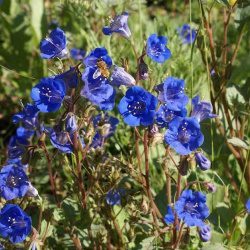 On Sale!
California Bluebell Seeds
Phacelia campanularia
This wildflower grows its intense blue bells in the wild deserts of California and Arizona. This tough little annual native now also colors gardens across the country, planted en masse, in rock gardens, or in even in containers. Bees are drawn to the wildflower as a source of nectar early in the growing season.Quick Viewx
On Sale!
California Bluebell Seeds
Phacelia campanularia
This wildflower grows its intense blue bells in the wild deserts of California and Arizona. This tough little annual native now also colors gardens across the country, planted en masse, in rock gardens, or in even in containers. Bees are drawn to the wildflower as a source of nectar early in the growing season.Quick ViewxCalifornia Bluebell Seeds
Phacelia campanularia
This wildflower grows its intense blue bells in the wild deserts of California and Arizona. This tough little annual native now also colors gardens across the country, planted en masse, in rock gardens, or in even in containers. Bees are drawn to the wildflower as a source of nectar early in the growing season.
$2.98 Pkt - $9.71 / Oz -
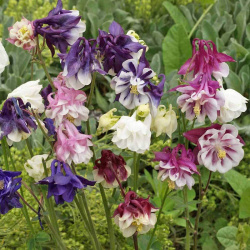 Dwarf Columbine Seed Mix
Aquilegia vulgaris
These delicate, nodding blossoms grow wild throughout much of northern Europe. This 16" dwarf variety produces a lovely mix of colors that will brighten any space!Quick View$3.48 Pkt - $12.65 / Oz
Dwarf Columbine Seed Mix
Aquilegia vulgaris
These delicate, nodding blossoms grow wild throughout much of northern Europe. This 16" dwarf variety produces a lovely mix of colors that will brighten any space!Quick View$3.48 Pkt - $12.65 / Oz -
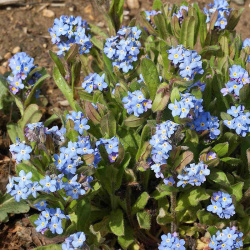 Forget Me Not Seeds
Myosotis sylvatica
One of the most beloved wildflowers, this true blue beauty captivates gardeners worldwide. Plant this annual en masse or as a border for an unforgettable spring bloom. Do not confuse this original wildflower with the Chinese Forget Me Not.Quick View$2.98 Pkt - $11.47 / Oz
Forget Me Not Seeds
Myosotis sylvatica
One of the most beloved wildflowers, this true blue beauty captivates gardeners worldwide. Plant this annual en masse or as a border for an unforgettable spring bloom. Do not confuse this original wildflower with the Chinese Forget Me Not.Quick View$2.98 Pkt - $11.47 / Oz -
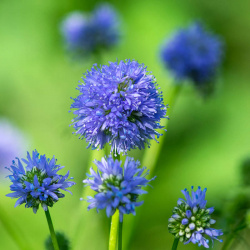 Globe Gilia Seeds
Gilia capitata
These pretty pincushion-like globes come in a lovely violet-blue hue. They are native to the West Coast but are grown as an annual in flower gardens across the US. The sweetly scented blossoms are also very attractive to butterflies.Quick View$2.98 Pkt - $7.65 / Oz
Globe Gilia Seeds
Gilia capitata
These pretty pincushion-like globes come in a lovely violet-blue hue. They are native to the West Coast but are grown as an annual in flower gardens across the US. The sweetly scented blossoms are also very attractive to butterflies.Quick View$2.98 Pkt - $7.65 / Oz -
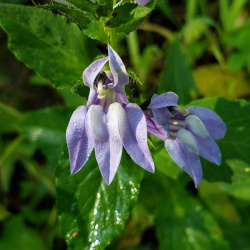 Indian Tobacco Seeds
Lobelia inflata
Though once used as a native medicinal remedy, this pale purple wildflower is best enjoyed visually. This flower is a native annual that readily reseeds for the following growing season.Quick View$3.75 Pkt - $100.00 / Oz
Indian Tobacco Seeds
Lobelia inflata
Though once used as a native medicinal remedy, this pale purple wildflower is best enjoyed visually. This flower is a native annual that readily reseeds for the following growing season.Quick View$3.75 Pkt - $100.00 / Oz -
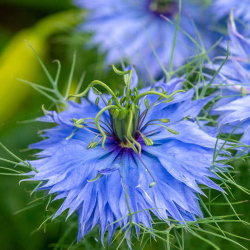 On Sale!
Love In A Mist Seeds
Nigella damascena
A time-honored favorite in English cottage gardens, this annual originally comes from the Mediterranean region. It blooms in colors like blue, pink and white, and can be enjoyed either fresh or in dried flower arrangements.Quick View$3.48 Pkt - $7.01 / Oz
On Sale!
Love In A Mist Seeds
Nigella damascena
A time-honored favorite in English cottage gardens, this annual originally comes from the Mediterranean region. It blooms in colors like blue, pink and white, and can be enjoyed either fresh or in dried flower arrangements.Quick View$3.48 Pkt - $7.01 / Oz -
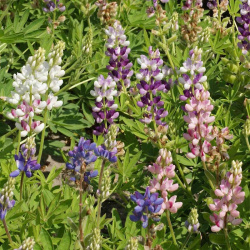 Sky Lupine Seeds
Lupinus nanus
This dwarf variety is a mixture of the various colors of Lupines found in the mountains and valleys of the West. These can be quickly grown as colorful annuals in gardens all over the country.Quick View$3.25 Pkt - $7.52 / Oz
Sky Lupine Seeds
Lupinus nanus
This dwarf variety is a mixture of the various colors of Lupines found in the mountains and valleys of the West. These can be quickly grown as colorful annuals in gardens all over the country.Quick View$3.25 Pkt - $7.52 / Oz -
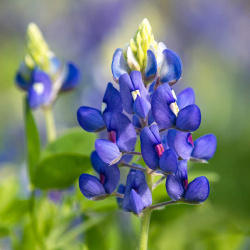 Texas Bluebonnet Seeds
Lupinus texensis
The Bluebonnet is a native wildflower of the deep south and holds the honor of being the State Flower of Texas. The blooms have the unique trait of changing colors as they age, which is why they sometimes look reddish and other times blueish.Quick View$3.48 Pkt - $11.88 / Oz
Texas Bluebonnet Seeds
Lupinus texensis
The Bluebonnet is a native wildflower of the deep south and holds the honor of being the State Flower of Texas. The blooms have the unique trait of changing colors as they age, which is why they sometimes look reddish and other times blueish.Quick View$3.48 Pkt - $11.88 / Oz -
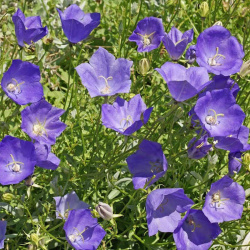 Tussock Bellflower Seeds
Campanula carpatica
A petite plant, this little gem makes a lovely addition to rock gardens. The open purple bells, with a subtle sweet scent, adds to its charm. It is great for small spaces.Quick View$3.25 Pkt - $16.57 / Oz
Tussock Bellflower Seeds
Campanula carpatica
A petite plant, this little gem makes a lovely addition to rock gardens. The open purple bells, with a subtle sweet scent, adds to its charm. It is great for small spaces.Quick View$3.25 Pkt - $16.57 / Oz -
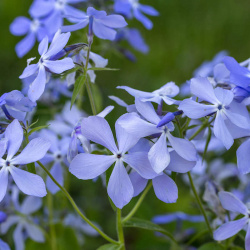 Store in the Fridge
Wild Blue Phlox Seeds
Phlox divaricata
Reminiscent of the lilac, a bouquet of these intensely fragrant blossoms will scent an entire room. Phlox Divaricata is quite rare in the wild, and it is a little challenging to grow. It is typically a woodland species, so it likes some shade in the garden.Quick View$3.96 Pkt - $320.00 / Oz
Store in the Fridge
Wild Blue Phlox Seeds
Phlox divaricata
Reminiscent of the lilac, a bouquet of these intensely fragrant blossoms will scent an entire room. Phlox Divaricata is quite rare in the wild, and it is a little challenging to grow. It is typically a woodland species, so it likes some shade in the garden.Quick View$3.96 Pkt - $320.00 / Oz -
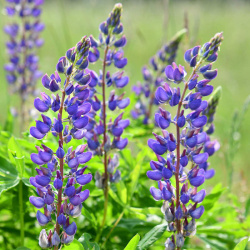 Wild Lupine Seeds
Lupinus perennis
This Lupine is more modest than some in the family but is a native wildflower that will not take over your garden. A primary food source for the Karner Blue Butterfly, this perennial is a popular choice for many native prairie plantings.Quick View$3.75 Pkt - $60.00 / Oz
Wild Lupine Seeds
Lupinus perennis
This Lupine is more modest than some in the family but is a native wildflower that will not take over your garden. A primary food source for the Karner Blue Butterfly, this perennial is a popular choice for many native prairie plantings.Quick View$3.75 Pkt - $60.00 / Oz
The Northern region is home to our Canadian friends in the eastern provinces, as well as the northern-most part of the Eastern US. This area is characterized by a long, cold winter with lots of snow, and a short humid summer that only lasts about 3 or 4 months. Most of the area is classified as a UDSA Growing Zone 4 or less, and the species that grow here have interesting ways to perpetuate themselves in spite of the short growing season. There are a lot of forests and wetlands in this region, so adequate moisture is hardly ever a problem. Look up your growing zone to make sure that the Northern wildflower seeds that you want to grow are winter hardy. Alternatively, just order annual flower seeds online so that the plant does not need to make it through the winter, but can reseed itself and come back from seed the next year.

